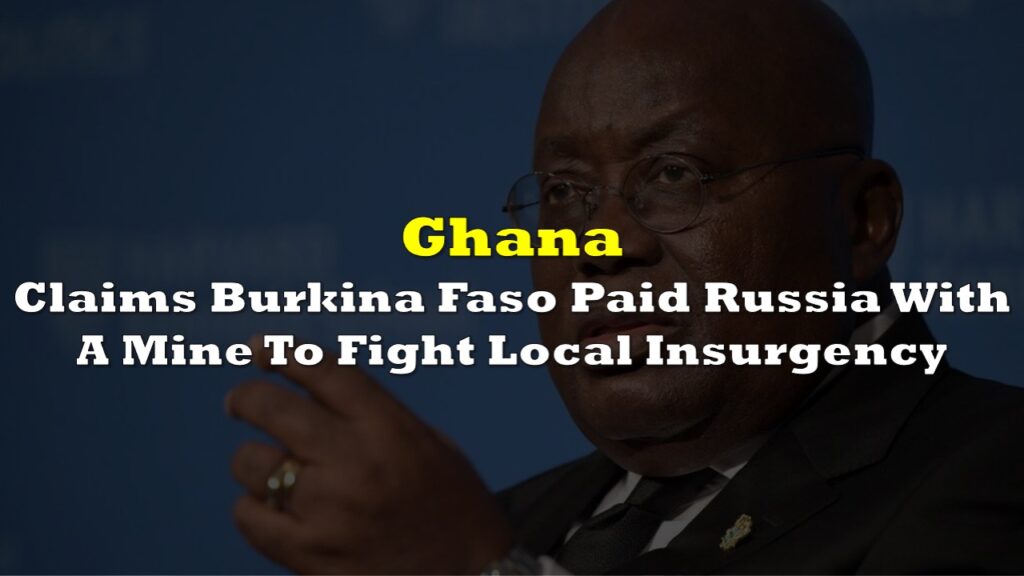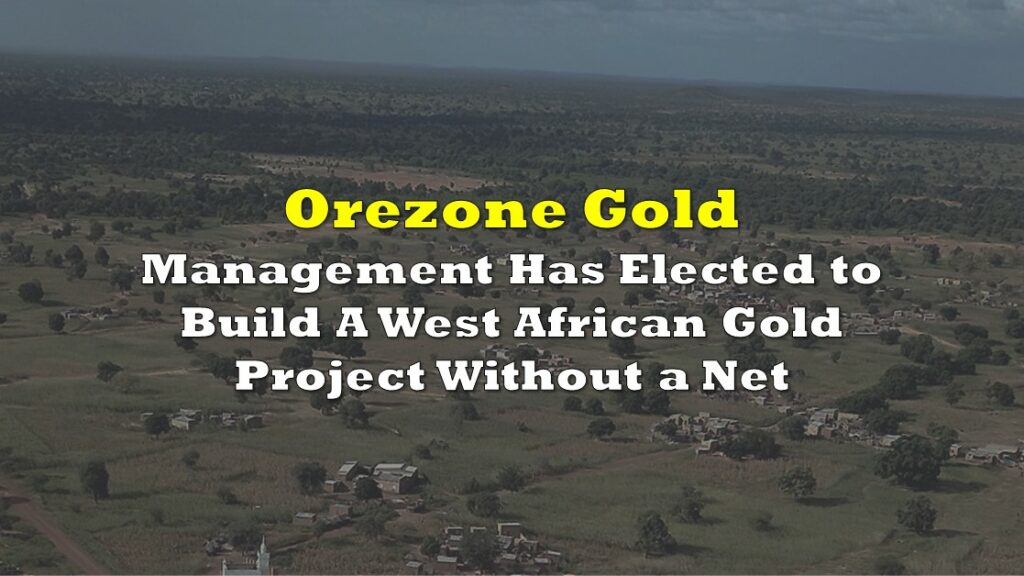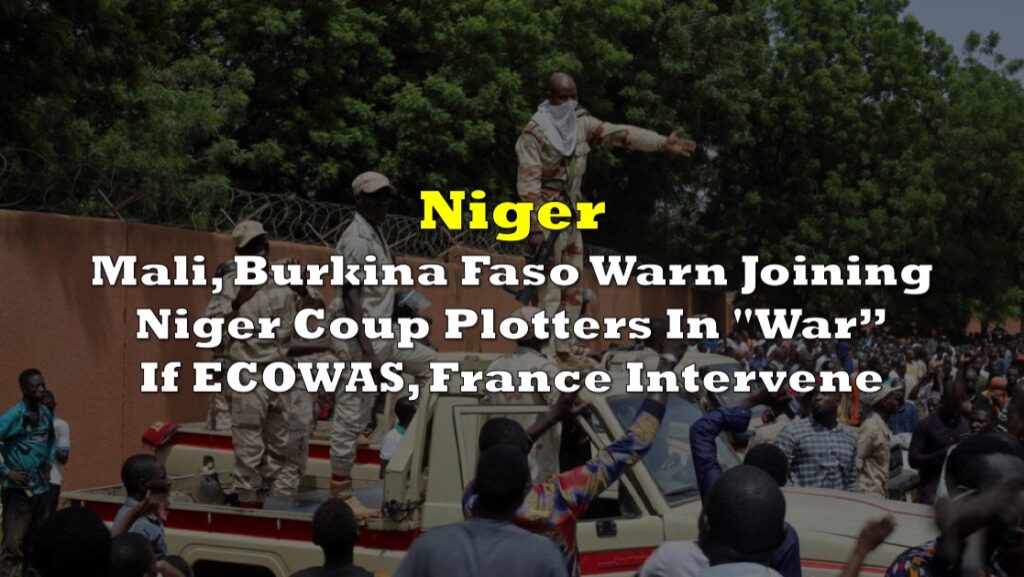In a significant move reflecting the growing trend of resource nationalism across Africa, Burkina Faso has reached an agreement to nationalize two major gold mines—Boungou and Wahgnion—previously owned by Endeavour Mining (TSX: EDV). The deal, valued at approximately $80 million, concludes a contentious transaction that had initially been set at over $300 million in a sale to Lilium Mining last year.
Under the terms of the agreement announced on Tuesday, Burkina Faso will pay Endeavour $60 million in cash. Additionally, the West African nation has agreed to a 3% royalty on up to 400,000 ounces of gold sold from the Wahgnion mine, which analysts estimate could bring in an additional $20 million.
This arrangement marks a substantial reduction from the original deal, in which Lilium Mining, a subsidiary of Lilium Capital—founded by US-Burkinabe businessman Simon Tiemtore—had agreed to pay more than $300 million to acquire the mines.
Endeavour Mining welcomed the settlement, particularly given the protracted disputes that had marred the original sale. Both Endeavour and Lilium Mining had initiated legal actions against each other earlier this year. Endeavour accused Lilium of missing payments, while Lilium counterclaimed, alleging that Endeavour had concealed and misrepresented financial and operational details about the mines. As part of the new agreement, both parties have agreed to drop these legal cases.
The nationalization of the Boungou and Wahgnion mines also follows a period of significant upheaval within Endeavour Mining. The company’s former chief executive, Sébastien de Montessus, was dismissed at the beginning of the year due to what Endeavour described as “serious misconduct.”
De Montessus was implicated in an “irregular payment instruction” related to the sale of another Endeavour asset, the Agbaou mine in Ivory Coast. An internal investigation subsequently uncovered two additional payments, totaling $15 million, which had been “deliberately disguised” and directed to an unnamed third party.
These governance issues further complicated the sale of the Boungou and Wahgnion mines. In Endeavour’s annual report released in March, the financial value of these two assets was estimated at $285 million, but only $34 million had been received from Lilium Mining before disputes arose.
The $80 million settlement with Burkina Faso is therefore seen as a pragmatic resolution, albeit at a significant loss compared to the initial deal. Analysts at Berenberg noted that “this settlement removes the sentiment overhang and costs of ongoing legal proceedings,” suggesting it was a necessary step for Endeavour to move forward.
Burkina Faso’s decision to nationalize the Boungou and Wahgnion mines is the latest example of a broader trend of resource nationalism sweeping across West Africa. In countries like Niger and Mali, governments are increasingly seeking greater control over their natural resources, often at the expense of foreign mining companies.
Just this past June, Niger’s military junta revoked the mining license of French state-owned Orano at the Imouraren mine, one of the world’s largest uranium deposits. Orano has since initiated legal proceedings to contest the decision.
Burkina Faso, Mali, and Niger have all been destabilized by a protracted Islamist insurgency that has plagued the Sahel region for over a decade, resulting in thousands of deaths, the displacement of millions, and significant disruptions to mining operations. In response, the governments of these countries, all of which have experienced coups since 2020, have sought to assert greater sovereignty over their mineral wealth.
Burkina Faso revised its mining code last year in an effort to extract more royalties from mining companies amid declining gold production, a direct consequence of the ongoing security crisis. The nationalization of Boungou and Wahgnion appears to be part of this broader strategy to ensure that more of the profits from the country’s natural resources stay within its borders.
The nationalization also underscores the deteriorating relationship between the Sahel’s ruling military regimes and Western powers, particularly France. The Sahelian governments have been increasingly at odds with their former colonial ruler and have instead pivoted toward closer ties with Russia, a shift that has raised concerns among international observers.
Information for this story was found via Financial Times and the sources and companies mentioned. The author has no securities or affiliations related to the organizations discussed. Not a recommendation to buy or sell. Always do additional research and consult a professional before purchasing a security. The author holds no licenses.









